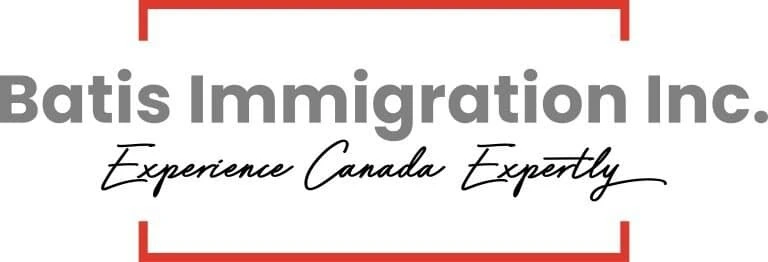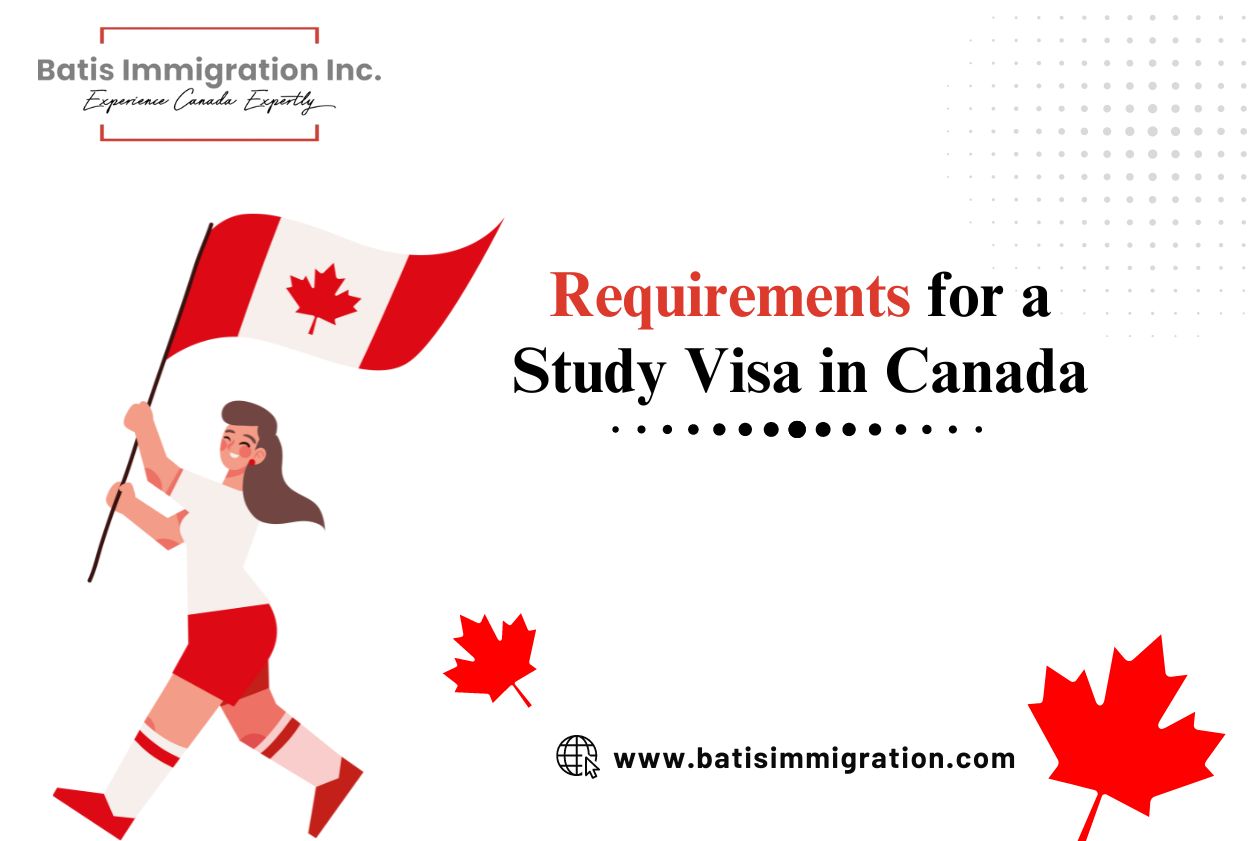1. Pick a Reputed Institution of Higher Learning Canada is home to more than 1,500 Designated Learning Institutions (DLIs) for higher education. You need a

Table of Contents
1. Pick a Reputed Institution of Higher Learning
Canada is home to more than 1,500 Designated Learning Institutions (DLIs) for higher education. You need a letter of acceptance from a DLI to be eligible to apply for a study visa, though there are many more prospects factors to consider when choosing your school than just whether it is on the list of recognized DLIs.
Your chances of getting a study visa would improve if the school is better. Investigating your school’s reputation is the best method to find out! Consider the institution’s placement on lists of the best universities or colleges, the difficulty of the admissions procedure, and the graduation and post-graduation employment rates.
Investigate the department’s size and the school’s reputation in your profession, as well as whether it is a reputable institution. To determine whether your chosen school is a good fit for your intended studies, it is a good idea to compare the course there with those offered at other DLIs that are comparable.
2. Pick a Course that Relates to your Prior Coursework and Employment
When choosing a program to enroll in, there are a few other important factors to consider. It may be tempting to choose a program because it seems intriguing, but it’s crucial that the program fits with your academic and professional background. The officer will evaluate your application and determine whether the planned studies are a logical next step for your career prospects. Therefore, the officer will probably be concerned about the relevance of your studies if the program is utterly unconnected to anything you have done in the past.
There should not be a direct correlation between the program you choose and your prior work, but there should be one, nonetheless. Applying for a Master’s in HR Management, for instance, could be a good next step if you already have a Bachelor’s in business and professional experience in the human resources field.
It is crucial to demonstrate how your prior experiences have influenced your decision to pursue the recommended studies if you are unable to demonstrate how your desired program is related to your prior coursework or professional experience. You can show the officer that you are genuinely interested in the program by doing this.
3. Explain How the Studies You Propose Will Help You Reach Your Job Prospects Objectives
The relationship between your suggested studies and your future employment, in addition to the program’s relevance to your history, is crucial to a successful study visa application. You must reassure the officer that the program you want to enroll in is necessary for you to achieve your career prospects. This will further demonstrate to the officer your sincere interest in the subject. Additionally, it will provide them the assurance that you intend to return home after finishing your studies, which is crucial given that a study permit is only good for a short-term stay in Canada.
You should also show how attending school in Canada will give you more employment chances than participating in a program of a similar nature back home. This will support your argument for why moving to Canada to further your education is necessary. To accomplish this, it is advisable to give instances in your application of how having the Canadian qualification may improve your career prospects at home in comparison to those without it.
4. Have a Job Prospects When Submitting Your Application
Being employed when you apply is something you should do to boost any temporary resident application! This is crucial for several reasons, major among them being your ability to support yourself while your stay in Canada and your ability to demonstrate that you will have a job or other options for employment when your time in Canada is done.
Being employed in a profession linked to your intended studies is very beneficial for study visa applications as it highlights the relevance of studying in Canada to your background and future professional goals.
5. Create a Successful Study Strategy
Finally, a strong study plan (or statement of purpose) must be included with your application if you want to improve your chances of studying in Canada. This is where you can clarify everything said before and state that you intend to go home after your studies are finished. Here, you may also add more details and application-related supporting documentation.
A strong study plan can make the difference between an application being accepted or rejected. Working with a Canadian immigration lawyer might be especially beneficial in this section of your application to ensure that you accurately express your sincere purpose to visit Canada for a temporary period. Don’t forget to add important information. Hence, we would recommend you book a consultation to further discuss your study strategy.



